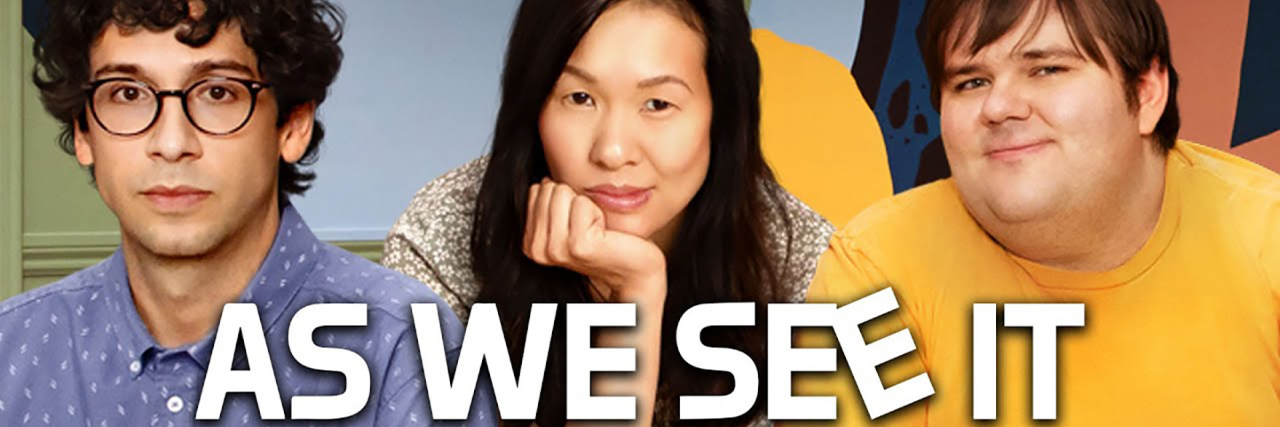What I Enjoyed About ‘As We See It’ as an Autistic Person
Have you binge-watched this series yet? “As We See It,” an Amazon Prime Video dramedy, looks at the lives of three autistic adults in their 20s as they navigate adulthood between relationships, employment, and more. As an autism entertainment consultant who’s autistic and fell in love with theater growing up, I was excited to give this new series a watch. When I also heard it was created by Jason Katims, a dad of an autistic son, who also produced the NBC series “Parenthood,” it only furthered my interest.
Spoilers ahead.
We’ve seen TV shows and films that have tended to stereotypically consider autism as “savants” (i.e., Rain Man). However, I was pleasantly surprised to see a shift away from this narrative in this series. Here are some of the things I enjoyed the most about this series.
A discussion of “passing as neurotypical.” During one conversation, one of the roommates, Jack, has a girl he’s seeing mention about his autism. Even though Jack never mentioned his autism to her previously, I was grateful. Some autistics consider themselves to have an invisible disability where some challenges may not be seen on the surface. After several talks I’ve given as a public speaker, I sometimes afterward receive the comment, “You have autism? But you don’t look like you have autism.” Later on, in a lovely moment, Jack talks with Mandy, the healthcare aide at their apartment, where she tells him, “I think you are such a beautiful person. You shouldn’t have to hide who you are.”
Asian-American representation. While we’ve seen the popularity of shows with white autistic characters like “The Good Doctor,” “Atypical,” and “Everything’s Gonna Be Okay,” I had never seen an autistic Asian-American represented in film or television. Seeing Violet, another one of the roommates, get spotlighted, I believe, will go a long way towards authentic representation.
Acting and the benefits it can have on those on the spectrum. Roleplaying and theater can have tremendous benefits for our autism community while building on communication skills. Growing up on the autism spectrum and being an actor helped me with my challenges with “tunnel vision,” not understanding the perspective of others. We see several autistic characters acting out a stage in front of an audience in one scene. It was refreshing to see some familiar faces in the autism community, such as Elaine Hall (“The Miracle Project”), autistic adult Tal Anderson (I’m thrilled to know her as my nonprofit gave her an autism scholarship for college), and Andrew Duff. Andrew is a friend I met when we both worked at Autism Speaks. I’m proud of him for his continued work in the entertainment industry.
Overall, I’d recommend this series without reservations. Seeing a show casting autistics to be in front of the camera and behind the scenes (one of the writers of this series also is autistic) is something I hope we continue to see for years to come.
This story originally appeared on Kerry’s website.

